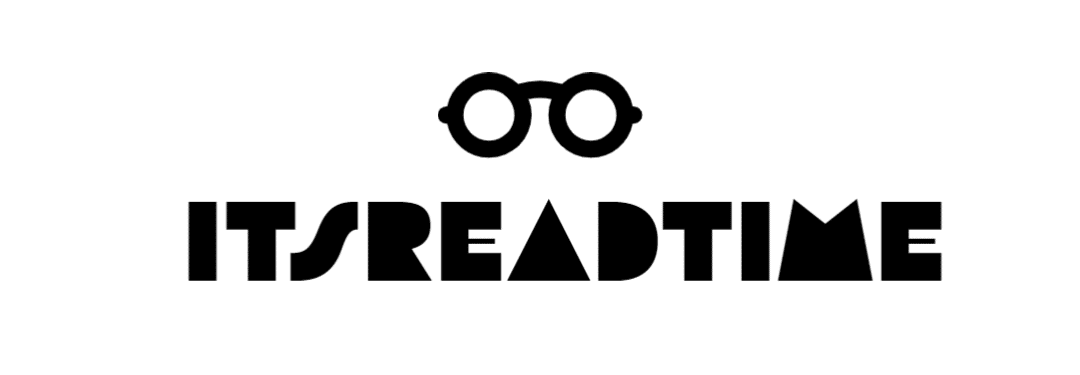Are you a business owner seeking an efficient and secure way to store and share your invaluable data? You’re in luck – the perfect solution is here: data rooms! In today’s digital age, it’s essential to protect sensitive information while allowing easy collaboration with teammates, investors, or potential partners.
A virtual data room provides that service by creating a virtual space where users can conveniently manage their business data.
This article will explore what exactly a data room is, its benefits, and how it can revolutionize the management of your company’s confidential files.
What is a data room?
Virtual data rooms provide a safe and secure space to store confidential information, such as documents, records, or storage media. The two main types of data rooms are physical and virtual, both with their own advantages.
Physical data room locations have been traditionally found in law firms’ offices – often within secured facilities – providing controlled access for those involved in the transaction process to view sensitive material safely.
In recent times, however, virtual data rooms (VDRs) have become increasingly popular due to technological advancements. Users can now enjoy greater convenience when sharing files remotely while benefiting from the security measures and safeguards usually only available in physical spaces.
In essence, virtual dataroom providers allow organizations an efficient way of conducting due diligence while remaining compliant during business transactions or legal processes – no matter where you are located geographically!
How do datarooms work?
Datarooms work by providing a secure and controlled environment for the storage and sharing of sensitive documents. Here is a step-by-step breakdown of how data rooms function:
- Setting up the dataroom. To get started, creating an account with a trusted data room provider is important. Compare virtual data rooms’ functions and choose the best that suits your needs. Such data room comparison is the first but the most important step in this process. As the administrator of this space, you’ll be able to customize its settings and permissions according to your needs – giving you full control over how users interact with the room
- Uploading documents. You can transfer documents into this virtual space once the data room is established. Such records may include legal contracts, financial statements, due diligence assessments, intellectual property files, and any other sensitive material pertinent to your business.
- Organizing documents. Organizing and categorizing the documents uploaded to the data room is a must for efficient navigation. Creating folders or tagging/labeling them according to type or relevance will make it simpler to locate specific files quickly.
- User permissions. Data room providers allow administrators to manage access privileges for individuals or user groups. It’s possible to assign specific roles, such as view-only, edit and download functions at both folder and document levels – so that only those with authorization can access particular files or take action. This ensures sensitive information remains secure while allowing authorized parties all the necessary resources!
- Inviting users. To collaborate effectively or share information with external parties like investors, potential buyers, or legal teams, you need to invite users into your data room. You can dictate who has entry privileges by sending them unique login credentials or granting temporary guest access links.
- Viewing and collaboration. Once inside the data room, users can view documents in a secure online viewer without downloading them onto their local devices. This prevents unauthorized distribution of sensitive data outside the controlled environment.
- Document security measures. Virtual data room providers implement several security measures to protect your data during its lifecycle within the platform.
- Q&A and communication. Best data rooms often have built-in features like Q&A sections and secure messaging functionalities. These enable users to communicate, seek clarifications, or share additional information within the platform itself, reducing reliance on external communication methods like emails.
- Analytics and reporting. Dataroom providers typically offer analytics dashboards and reporting capabilities. These provide insights into user activities, document engagement levels, and other metrics that help administrators understand how their data is being utilized.
How can data rooms help your business?
Dataroom technology has emerged as a solution offering several benefits for businesses to manage their data successfully and collaborate externally more efficiently. Below are the ways data rooms can assist your business in achieving its goals:
- Enhanced security. The first-known benefit of data rooms is that they provide advanced security features such as encryption, access controls, and activity tracking to safeguard sensitive data. As compared to traditional file-sharing methods, data room software features significantly reduce the risk of unauthorized access or data breaches.
- Streamlined document management. Secondly, data rooms offer a central hub where all important business documents reside securely, with their intuitive folder structures and search functionality allowing businesses to locate specific files without wasting time on physical or scattered digital files.
- Efficient collaboration. Thirdly, data room services grant users ample opportunities to invite external parties, such as potential buyers or legal teams, into the platform. Users within the platform can collaborate on documents simultaneously without compromising data security, enhancing communication and speeding up decision-making processes.
- Time-saving processes. Fourthly, online data room software eliminates mundane tasks like physical document storage or courier services for sharing information with external parties. Companies save significant time while ensuring fast and secure data access.
- Compliance with regulatory standards. Furthermore, compliance measures such as GDPR standards ensure alignment with industry-specific regulations regarding data privacy/security. Dataroom providers consistently implement strict regulatory standards, guaranteeing compliance.
- Data analytics insights. Finally, data room platforms offer advanced analytics capabilities, providing insights into user activities within the platform.
Overall, the effective use of data room technology offers organizations a key advantage: reduced costs. Physical storage of documents often entails expenses for printing and courier services that add up over time.
Similarly, on-premise data centers come with electronic data room setup costs that may be avoided by opting for secure digital alternatives like data rooms instead. What’s more, streamlined processes optimize efficiency, which ultimately translates into substantial savings.
Bottom line
Data rooms have become indispensable for organizations across industries to collaborate securely and efficiently on sensitive documents.
By providing a secure virtual environment with access control, activity tracking, and data analytics capabilities, data rooms enable businesses to streamline document management processes and reduce the risk of data breaches.
The value derived from these innovative solutions can be seen in cost savings while maintaining compliance with applicable regulatory standards. Ultimately, data rooms empower businesses to succeed in the digital age.



